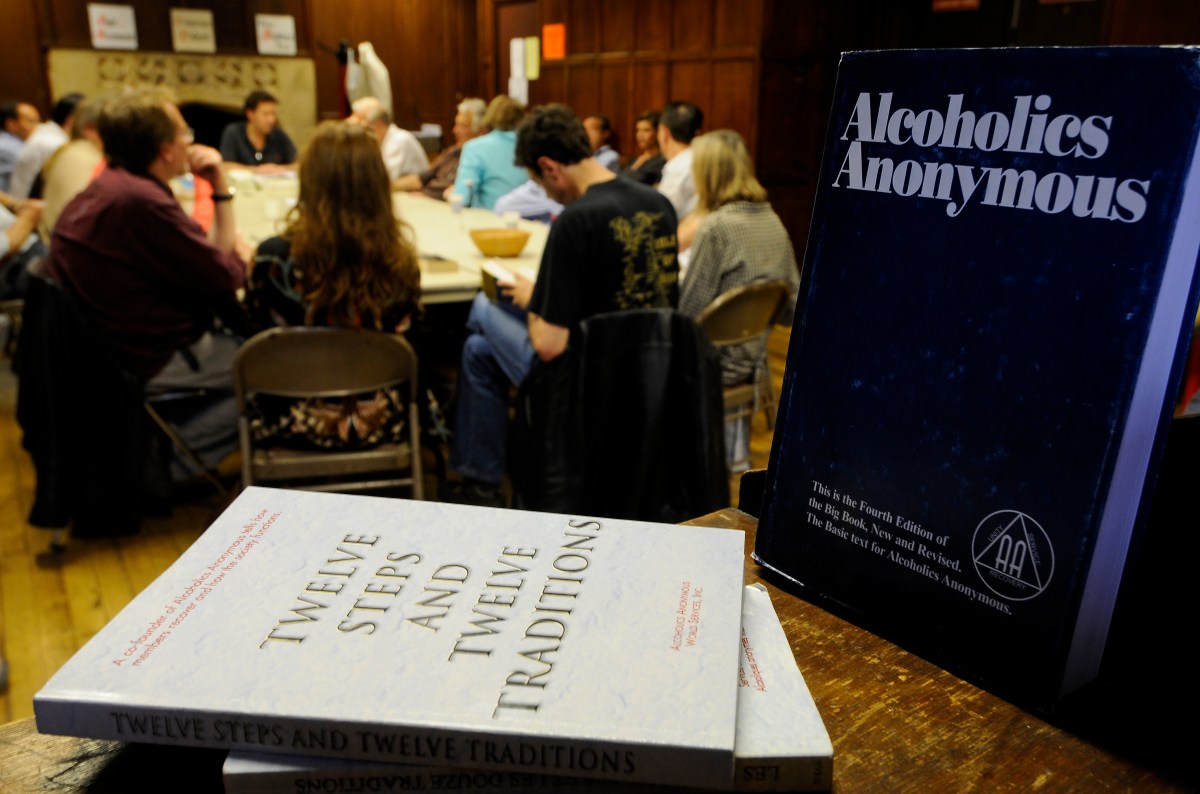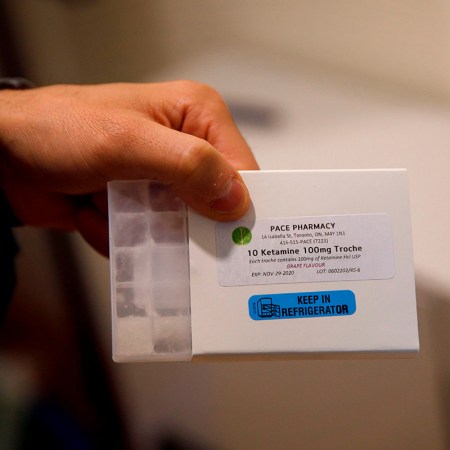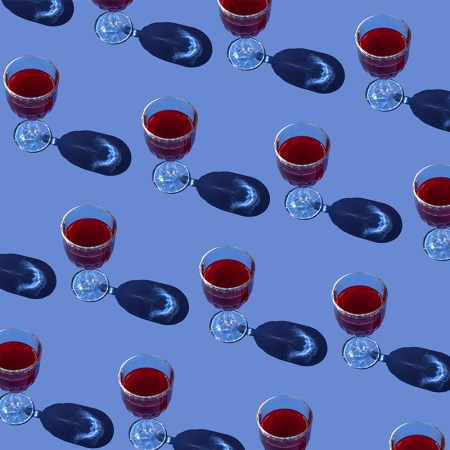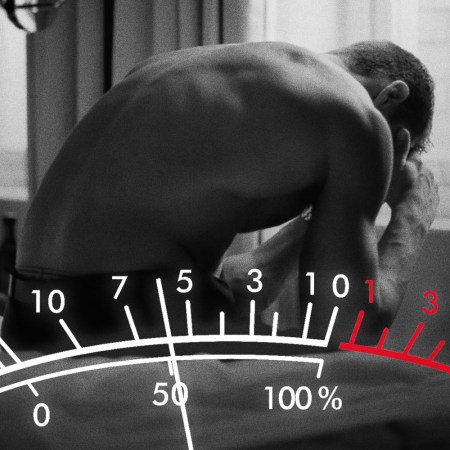Despite recent reporting suggesting young people are moving away from Alcoholics Anonymous in favor of other methods, new research finds the old-school program is actually still one of the best treatment options for those struggling with alcohol use disorder.
According to the New York Times, a review published Wednesday by the Cochrane Collaboration found that A.A. leads to increased rates and lengths of abstinence compared with other common treatments. The review comes as an update to a 2006 review that determined there was not enough evidence at the time to judge how A.A.’s efficacy compares to other methods.
Based on an analysis of 27 studies involving 10,565 participants, the latest review incorporates enough evidence for researchers to determine that A.A. still holds its own. According to the research, A.A. performs as well if not better than other methods provided by individual therapists or doctors across various metrics.
“These results demonstrate A.A.’s effectiveness in helping people not only initiate but sustain abstinence and remission over the long term,” said the review’s lead author, John F. Kelly, a professor of psychiatry at Harvard Medical School and director of the Recovery Research Institute at Massachusetts General Hospital. Moreover, A.A. is also free, which makes it among the most cost-effective and accessible treatment options available.
“The fact that A.A. is free and so widely available is also good news,” said Kelly. “It’s the closest thing in public health we have to a free lunch.”
Subscribe here for our free daily newsletter.
Thanks for reading InsideHook. Sign up for our daily newsletter and be in the know.


















